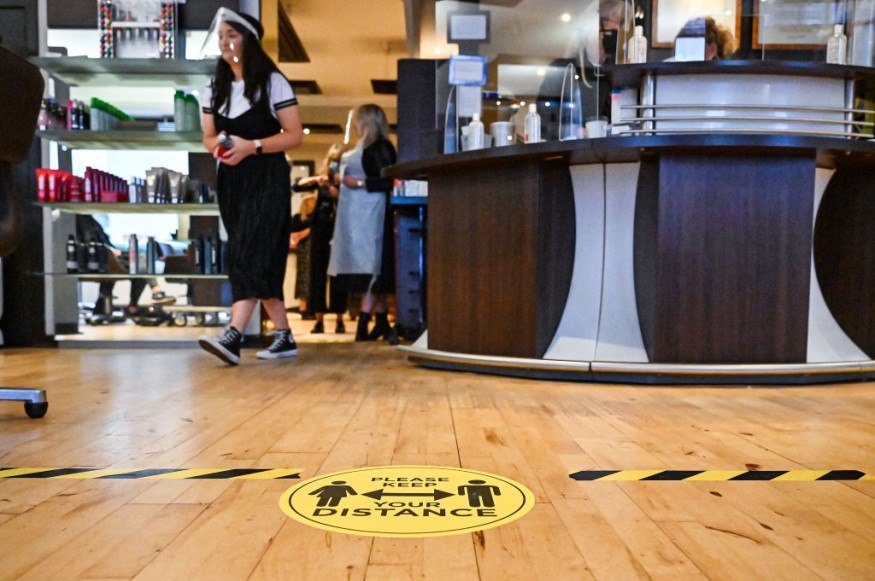In early June, 140 clients connected to two stylists who tested positive with coronavirus seemed to be uninfected due to safety procedures such as wearing masks and physical distancing. However, health inspectors from the Chartered Institute of Environmental Health (CIEH) and Institute of Licensing (IoL) have called out beauty salons in their study to have stricter regulations since many were observed to lack infection control and other safety regulations.

Some salons have staff with minimal or no training in safety regulations, while others have been reported to reuse needles, such as piercing salons. Authorities are also concerned that salons have served minors under 18 years old for piercings, semi-permanent makeup, tattoos, and other procedures, and often by unprofessional staff.
Although it is illegal for minors to get tattoos, they are allowed to get semi-permanent makeup, piercings, and lip fillers. Several other countries have culturally accepted such minor procedures.
Unsafe Procedures
Inspectors have regularly observed unsafe procedures in numerous salons. Regulations have also fallen short of keeping up with how fast the beauty industry is continuously changing.
Debbie Wood, from the CIEH, shared that health authorities need to check if salon employees are trained to carry out procedures safely due to the abundance of new treatments dictated by beauty trends. Both institutes are especially worried about salons with 'semi-invasive' techniques such as piercings and the use of micro blades by staff who lacked proper training. Even worse, injuries caused by poorly-trained staff would not be prosecuted by law due to the lack of strict regulations.
In the UK, these procedures have had an increased demand due to reality TV shows like Love Island, and because of celebrities. Anti-aging procedures that older women commonly had have also become popular for teenagers and young adults below 30 years old.
In a survey, both institutes discovered that over 250 health and licensing professionals from the UK were worried about salons. They commonly observed staff who lacked proper training yet performed risky procedures.
Some practitioners would reuse needles and other tools without proper sanitation, increasing the risk of blood-borne diseases such as HIV/AIDS and hepatitis. Others also failed to do patch testing' or testing products on people's skin in case of allergies as a safety precaution. Reports also noted a lack of hygiene and cleaning practices, as well as properly disposing of waste.
Read Also: Missouri Authorities Find Answer Why COVID-Positive Hairstylists Did Not Infect 140 Clients
The Need for Licensing
IoL Chairman Daniel Davies said, ''A complete reform of licensing arrangements together with measures to raise public awareness is absolutely essential and should be progressed as soon as possible.' Inspectors need updated health and safety legislation to prosecute practitioners who cause harm to clients efficiently.
There had been reports of ear cartilage infections and dangerous semi-surgical procedures such as nipple removal, tongue splitting, and many others. All these procedures were carried out by practitioners who had no basic medical, hygiene, or infection control training.
The two institutes hope to have required licensing for cosmetic treatments in England. Safety regulations are especially critical at this time due to the pandemic.
Read Also: Permanent Hair Dyes May Be Linked to Breast Cancer, Study Says
Check out more news and information on Beauty on Science Times.
© 2025 ScienceTimes.com All rights reserved. Do not reproduce without permission. The window to the world of Science Times.












